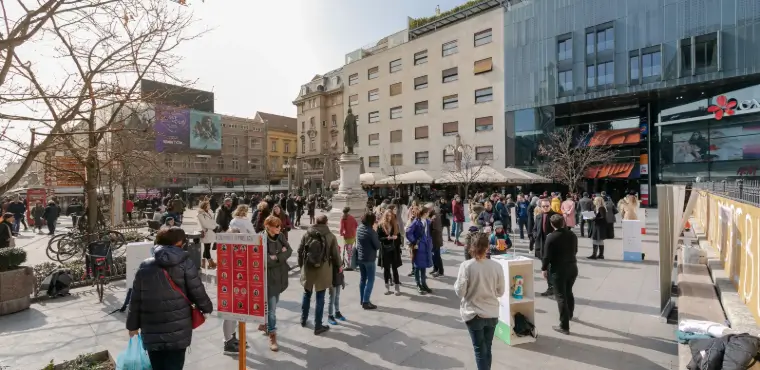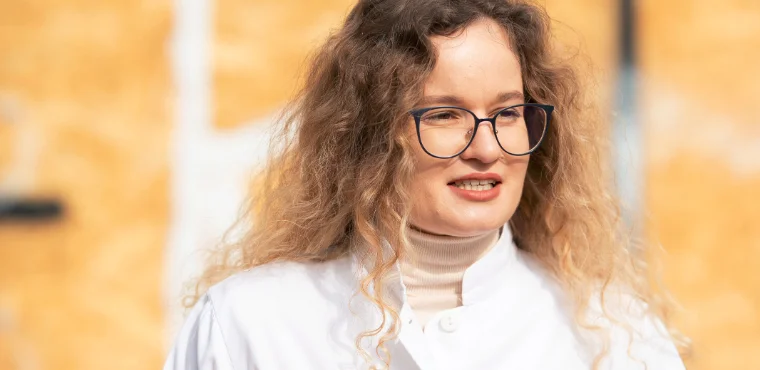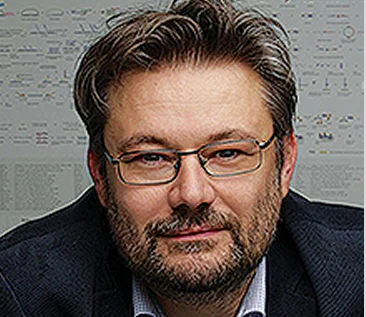Science on the Go
In this unique initiative female scientists are bringing science to the streets, engaging the public, and breaking stereotypes about research and scientific careers. Through interactive talks, they highlight the impact of genetic mutations on cancer treatment and the power of personalized medicine in modern healthcare.
Science on the Go (“Znanost u prolazu”) is an initiative aimed at bringing science closer to the public. Unlike traditional open days or science nights hosted by institutions, this event stands out by taking female scientists into public spaces to change perceptions about science, showcasing what scientific research entails and what a day in the life of a scientist looks like. The event not only promotes women in science but also inspires young girls to pursue scientific careers. By engaging the public and gaining media attention, it seeks to increase the visibility of scientists and highlight their work in Croatia. The event is powered by the Penkala Association.
Paula Štancl was one of the first female scientists to present her topic during the event on March 5, 2022, at Cvjetni trg in Zagreb, and later on September 17, 2022, in Sisak. The title of her talk was: “Mutations: A Blessing or a Curse for Tumors?” Below is a short description of her presentation:
Mistakes happen every day. Whether you forgot to buy bread on your way home or marked the wrong answer on an exam, you’ve likely heard the saying: “We learn from our mistakes” or “Mistakes make us wiser.” Just like us, our cells make daily errors, some of which can lead to the development of malignant tumors. And yet, some of these mistakes make tumors highly sensitive to specific drugs. Thanks to advancements in technology, scientists can now easily read the unique DNA sequence of each tumor, searching for the mistakes – mutations – it carries. These mutations have allowed scientists to better understand the errors within tumors, paving the way for the development of new and improved therapies to treat patients.
At ZUP in Zagreb on March 11, 2023, alongside Paula, our group member Doris Repušić also presented the hidden world of individual cells and how we can explore it. The title of their talk was: “The Secrets of an Individual Cell.” Below is a brief description of their presentation:
Personalized medicine is a revolutionary approach to health care that takes into account the unique needs of each individual. By leveraging cutting-edge technologies to study the gene expression of every single cell, medical experts can gain a deeper understanding of disease complexity, enabling them to design treatments tailored to the specific needs of each person. However, sometimes just one altered and resistant tumor cell is enough for a therapy to fail.
Find out more about this event on Znanost u prolazu offical page.


Share on social media


